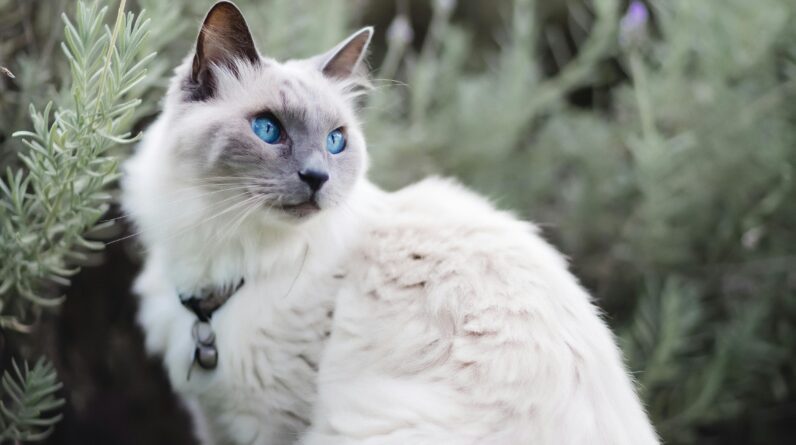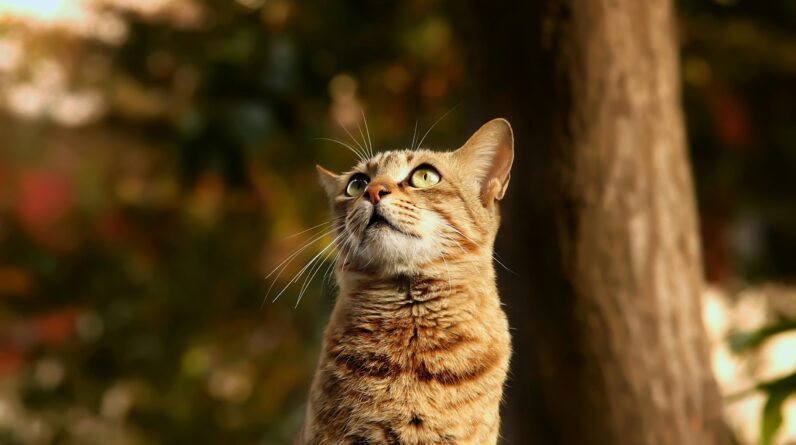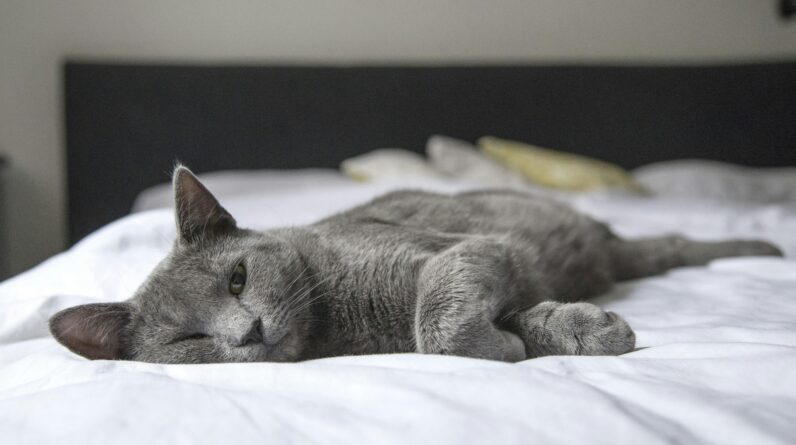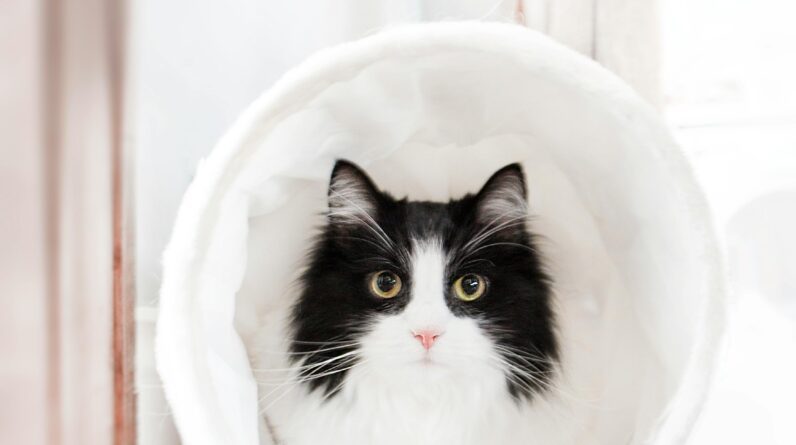
Embarking on the adventure of cat breeding in Singapore is a journey of responsibility and love. Before you dive in, it’s crucial to understand the importance of a cat breeding license.
Not only does it ensure the welfare of your feline friends, but it also upholds the standards of ethical breeding. Obtaining this license is a testimony to your commitment to providing a safe and loving environment for kittens to flourish.
In Singapore, the licensing process is designed to protect both you and your fur babies. Adhering to the rules can seem daunting, but it’s a straightforward path when you’re well-informed. Moreover, it’s a step that reinforces the integrity of the breeding community and the health of the cats involved.
Now, let’s not forget the practical side of things. Did you know vet visits for your ginger pal can cost up to $80, and emergencies can hit thousands? 😮 But worry not! Pet insurance has got your back. For a tiny cost, avoid huge bills and keep your kitty healthy. Click here for peace of mind and endless purrs.
Understanding the Singapore Cat Breeding Regulations
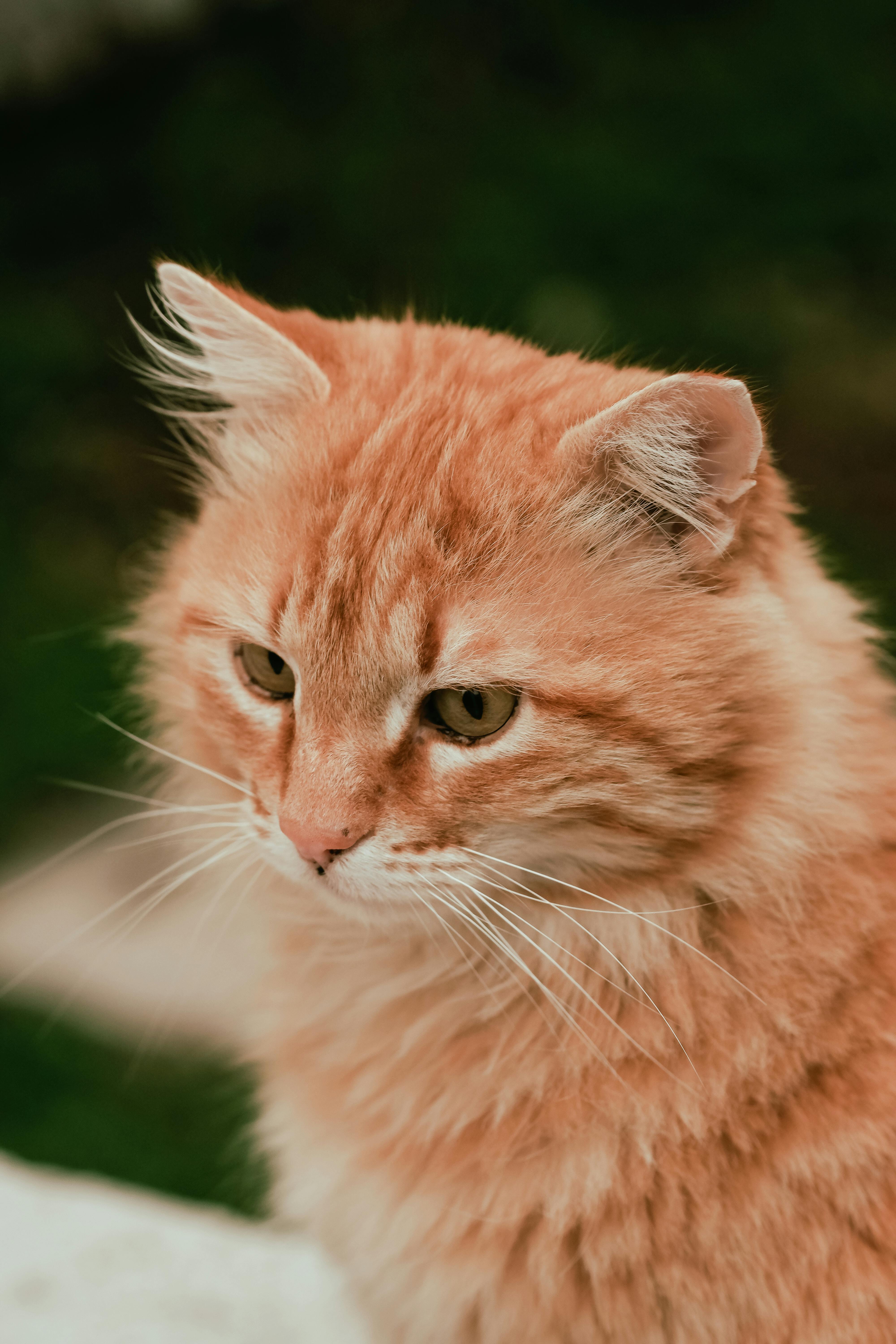

Navigating the regulations of cat breeding in Singapore is a fundamental step for every aspiring breeder. It’s essential to understand the legalities to ensure a smooth and ethical breeding process.
The rules are in place for good reason. They help to maintain high standards of animal welfare and prevent the overpopulation of cats. Moreover, they ensure that breeding practices do not contribute to genetic disorders or poor health in felines.
As you delve into the specifics, you’ll encounter guidelines on the number of litters, the age of breeding cats, and the necessary health checks. These regulations are not just guidelines; they are mandatory. Compliance is key to your success as a responsible cat breeder in Singapore.
Additionally, the regulations are updated periodically. Staying informed about the latest requirements is a must. This not only keeps you within legal boundaries but also shows your dedication to the well-being of cats.
Step-by-Step Process to Acquire a Cat Breeding License
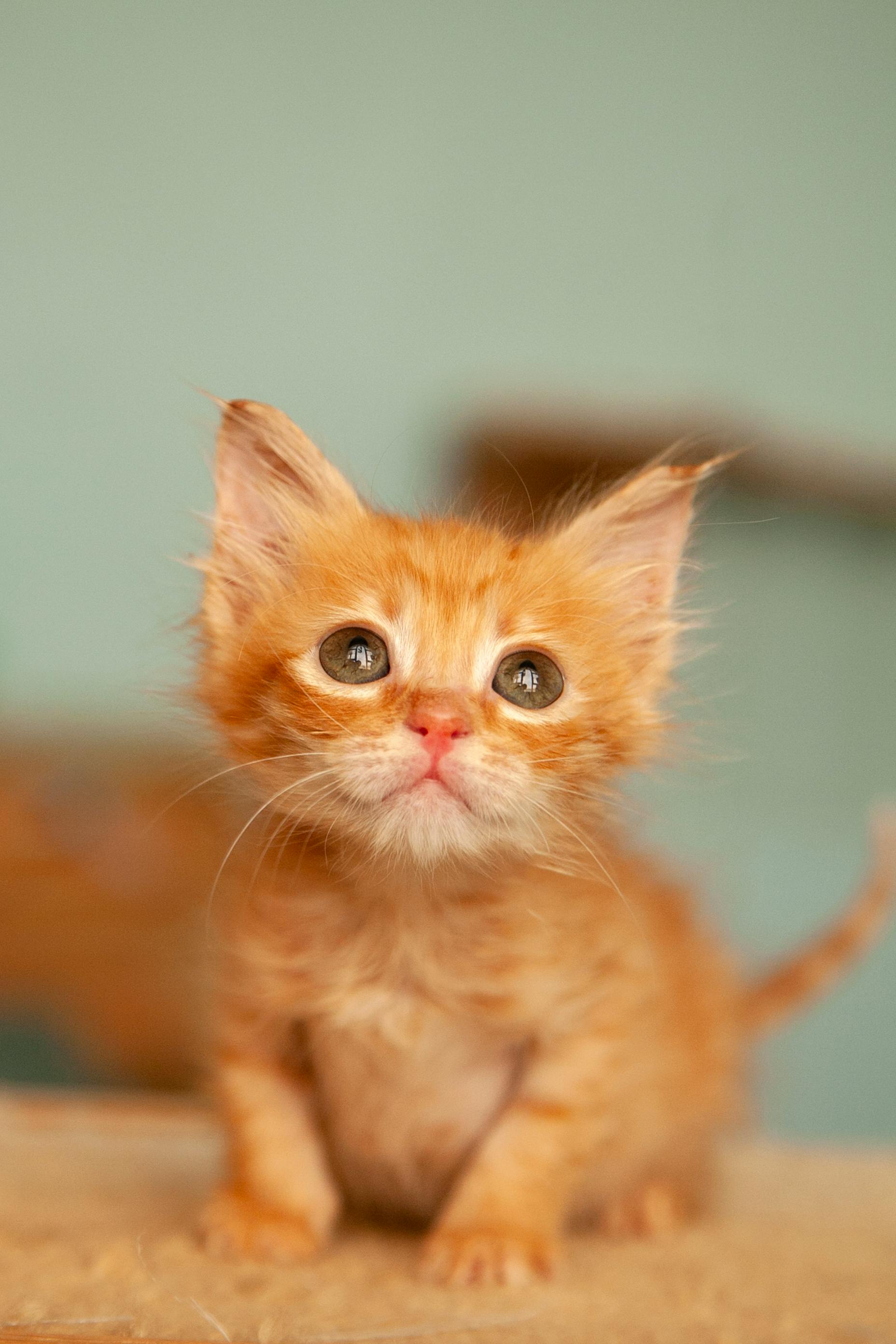

Embarking on the journey to acquire a cat breeding license in Singapore is a step-by-step adventure. First, you must research the specific prerequisites that the Agri-Food and Veterinary Authority of Singapore (AVA) sets forth.
After absorbing the necessary knowledge, prepare your application. You’ll need to gather various documents, such as proof of residence and a detailed breeding plan. Also, ensure you have a good understanding of the genetic lines of the cats you intend to breed.
Next, you’ll submit your application—and yes, there’s a fee. Payment is part of the process, and it’s non-refundable, so double-check your paperwork. After submission, patience is your friend while the authorities review your application.
During this time, you might receive a request for an inspection of your breeding facility. Facility readiness is crucial; cleanliness and safety are top priorities. Once you’ve hurdled the inspection, you’ll be one step closer to getting your license.
Essential Requirements for Cat Breeders in Singapore
In Singapore, the role of a cat breeder comes with essential requirements. Firstly, you must be at least 16 years old—a nod to responsibility and maturity. Additionally, you should have no prior history of animal welfare offenses, as this is paramount in demonstrating your capability to provide a nurturing environment.
Knowledge is power, and in this case, it’s a requirement. Undergo training in cat breeding and welfare. This ensures that you understand the intricacies of ethical breeding and the well-being of your feline friends. You’ll also need to provide a detailed breeding plan, which outlines your approach to responsible breeding practices.
Space is another consideration. The size of your facility must be appropriate for the number of cats you plan to breed. This is to ensure that all cats have enough room to play and rest comfortably. You must also maintain records for each cat, including their medical history and breeding details.
Finally, you’ll need a veterinarian on call. Regular health checks are not just recommended, they’re required. The health of your cats is not just a priority—it’s a commitment to excellence in the world of cat breeding.
Best Practices for Ethical Cat Breeding
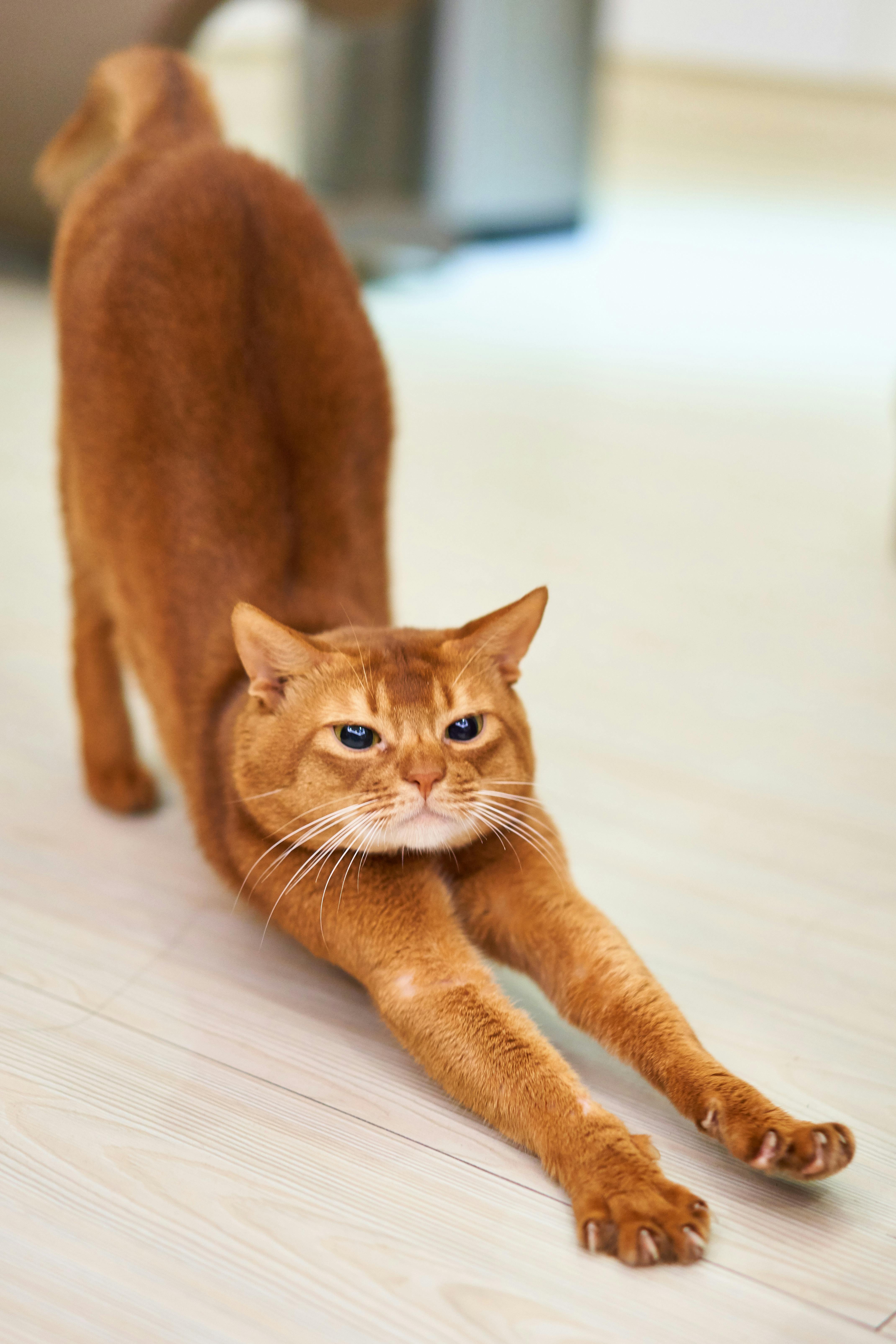

Embarking on the journey of ethical cat breeding requires compassion and knowledge. You must prioritize the health and happiness of your feline companions. Begin by ensuring genetic diversity, which is critical. It helps prevent hereditary health issues that can plague certain breeds.
Moreover, always screen for potential hereditary conditions. This is not only wise but also kind. It ensures future litters are as healthy as possible. Also, responsible breeders allow adequate recovery time between litters. This is essential for the well-being of the mother cat.
Another cornerstone of ethical breeding is socialization. It’s vital for kittens to be well-adjusted and sociable. Introduce them to various people, environments, and situations early on. This prepares them for a life filled with curiosity and confidence.
Finally, ethical breeders have a lifelong commitment to their cats. They provide support to new owners and welcome any cat back if needed. They ensure that every kitten has a secure forever home. This is the hallmark of a truly responsible and ethical breeder.
Renewing and Maintaining Your Cat Breeding License
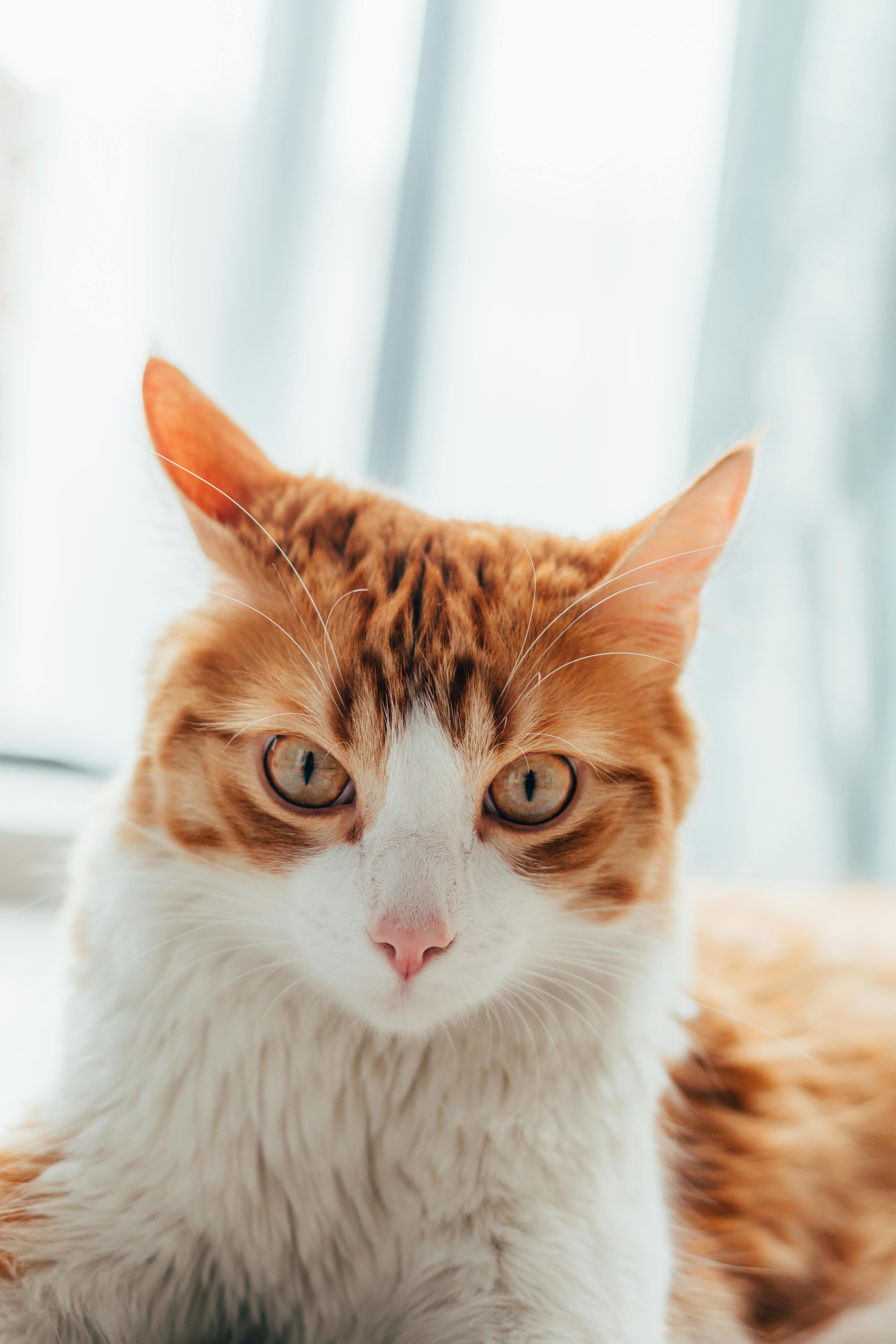

Once you’ve embarked on the enchanting path of a licensed breeder, remember, the journey never truly ends. Renewing your cat breeding license in Singapore is as important as obtaining it. Stay ahead of the game by marking renewal dates on your calendar. This ensures you remain in the loop of responsible breeders.
Keep your records meticulous, as they are the tapestry of your breeding history. Health screenings, vaccinations, and pedigree information are golden threads. These details will make the renewal process as smooth as a cat’s purr. Also, stay updated with any changes in legislation. This will show that you’re not just a breeder, but a guardian of feline welfare.
Additionally, maintain a strong relationship with your vet. They are your ally in the quest for feline health. Regular check-ups for your brood can avoid unexpected woes. After all, a healthy cat is a happy cat, and that’s what we all desire.
Remember, even the smallest hiccup in health can lead to a tempest of trouble. Click here for peace of mind and endless purrs.


